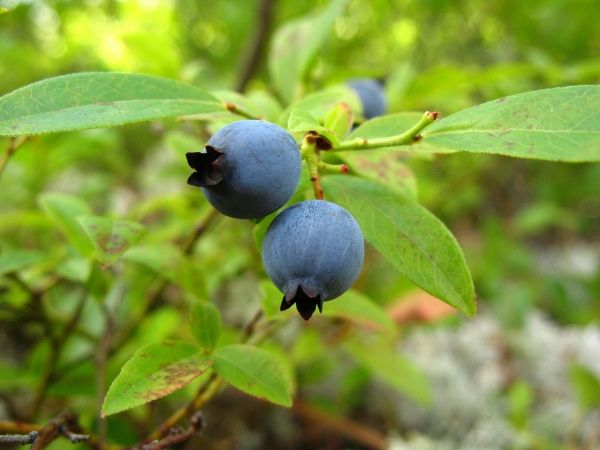Wild blueberry fields in Down East Maine are warming faster than the state as a whole, according to a new University of Maine study on the effects of climate change on the barrens over the past 40 years.
The difference in rising temperature rates suggests the need to develop specific wild blueberry management strategies, such as irrigation and fertilizer use, to mitigate the effects of climate change on Down East fields, rather than using tactics devised from statewide climate patterns, according to researchers.
Rafa Tasnim, a Ph.D. student of ecology and environmental sciences, led the study that explored changes in climate change patterns, particularly in temperature and precipitation, at Down East wild blueberry fields in the past 40 years of growing seasons from 1980–2019, then compared them to aggregate changes in climate measured for the entire state. Yongjiang Zhang, an assistant professor of applied plant physiology, and Francis Drummond, professor emeritus of insect ecology and pest management, collaborated on the study, the first to assess climate change patterns for a fruit spanning different fields in a single production region.
Read more at: University of Maine
Photo Credit: Johan1127 via Pixabay


